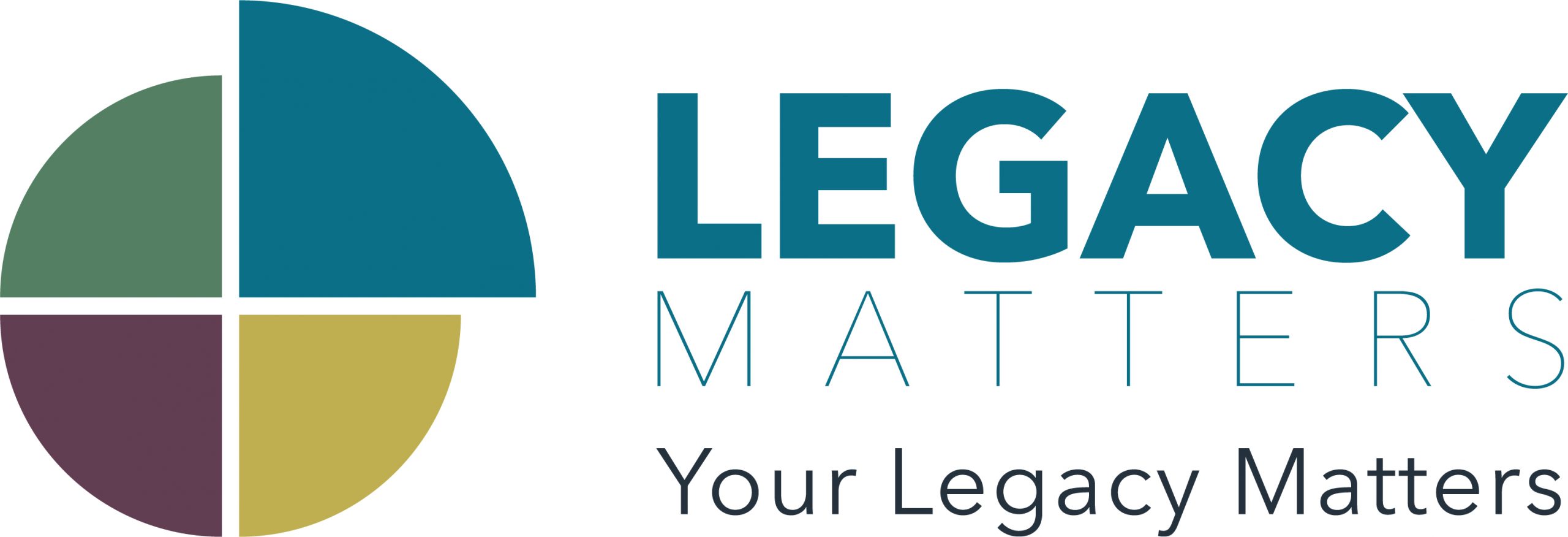What Assets are subject to Probate?
When navigating the probate process, it is essential to understand which assets are subject to probate. Probate is the legal process of administering an individual’s estate after they pass away. Legacy Matters recognizes the complexities involved in identifying and managing assets subject to probate and offers expert guidance and assistance to individuals seeking clarity. In this article, we will explore the types of assets that typically go through probate, discuss the implications, and highlight how Legacy Matters can provide valuable support in managing assets subject to probate efficiently.
I. Assets Subject to Probate
- Real Estate: Real estate, including primary residences, vacation homes, and investment properties, is often subject to probate. These properties are typically titled solely in the deceased individual’s name without any designated beneficiaries.
- Bank Accounts: Bank accounts held solely in the name of the deceased individual are usually subject to probate. This includes checking accounts, savings accounts, and certificates of deposit (CDs) that do not have designated beneficiaries or payable-on-death (POD) or transfer-on-death (TOD) instructions.
- Investments and Securities: Stocks, bonds, mutual funds, and other investment accounts registered solely in the deceased’s name are typically subject to probate. Assets such as brokerage accounts and individual retirement accounts (IRAs) without designated beneficiaries may also fall under probate.
II. Implications of Assets Subject to Probate
- Probate Process: Assets subject to probate must go through the legal process of probate administration, which involves court oversight, inventorying assets, settling debts, and distributing the remaining assets according to the deceased’s will or intestacy laws.
- Time and Cost: The inclusion of assets subject to probate can lengthen the probate process and incur additional costs. Legal fees, court fees, and other expenses associated with probate administration may be required.
- Public Record: Probate proceedings are generally a matter of public record. This means that the details of the assets subject to probate, including their values and distribution, can be accessed by the public.
III. Legacy Matters: Expert Guidance and Assistance
- Asset Evaluation: Legacy Matters can help individuals accurately assess their assets and determine which ones are subject to probate. Their expertise ensures a comprehensive understanding of the estate and enables effective estate planning to minimize the assets subject to probate.
- Probate Planning: Legacy Matters provides guidance on probate planning strategies to help individuals reduce the scope of assets subject to probate. This may include utilizing trusts, beneficiary designations, or other estate planning tools to transfer assets outside of probate.
- Probate Administration: In cases where assets subject to probate cannot be avoided, Legacy Matters offers comprehensive support in navigating the probate process. They assist with preparing and filing necessary documents, communicating with the probate court, and ensuring the efficient administration of the estate.
Assets subject to probate typically include real estate, bank accounts, and investments held solely in the deceased individual’s name. Understanding which assets fall under probate is crucial for effective estate planning and administration. Legacy Matters offers expert guidance and assistance in managing assets subject to probate efficiently. By providing asset evaluation, probate planning, and probate administration support, Legacy Matters ensures individuals can navigate the complexities of probate and minimize the scope of assets subject to probate. Trust in Legacy Matters’ expertise to achieve a smooth and efficient probate process, ultimately preserving and distributing assets according to the deceased’s wishes.
Over Twenty Years Providing User-Friendly And Professional Legacy
Solutions in Cambridge.
Advice And Expertise to Create a Will Which is Right For You
This is where the expertise of our Will writing team comes in. With many years of experience, they will start by providing you with a free Will review to understand your needs and discuss options. If you already have a Will in place, they will explain what that means under your current circumstances. If you don’t they will talk through what you need to consider when writing your Will.
Protect those you Love
Expressing your wishes of who should benefit after your death.
Guardianship for Children
Deciding who should take on your children if they are under 18 when you die.
Will Trusts for the Vulnerable
Putting control in place for those who most need protection.
Tax Efficient Wills
Arranging your estate in the most effective and efficient way.
Convenient Appointments
We can meet you at a time and place that suits you – even online if you prefer.
Regular Will Reviews
We’ll send you friendly reminders to make sure your Will is up to date as your circumstances change.

